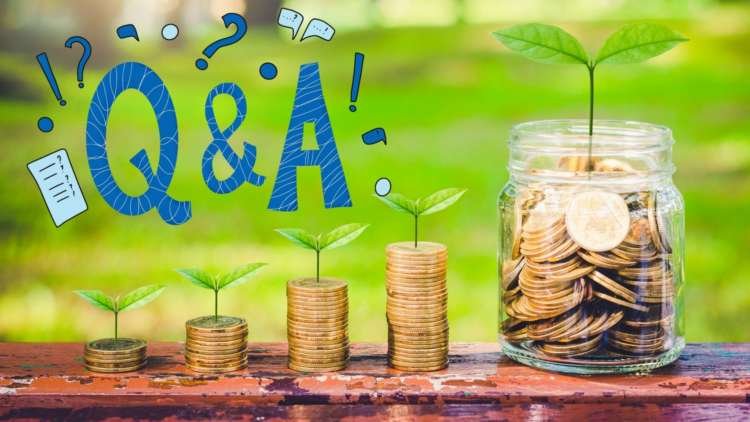Interviews
Pandemic Chaos Triggers Fresh Interest in ESG Investing
Published by linker 5
Posted on May 21, 2021
1 min readLast updated: January 21, 2026

Published by linker 5
Posted on May 21, 2021
1 min readLast updated: January 21, 2026

Explore more articles in the Interviews category











